Following David Attenborough’s Life on Our Planet documentary on Netflix, we are once again reminded of the responsibility we have to reduce our impact on the planet. We are all becoming more aware of our impact on the planet. As a result, we are calling out brands that are making meaningless environmental pledges, dubbed #TheAttenboroughEffect.
Redefining clean beauty
Firstly, we want you to make eco-friendly decisions on beauty products with all the right information. There is a popular conversation taking place at the moment around clean beauty. If you haven’t yet heard about it, we’re here to explain as well as fill you in on all the important details.
Greenwashing
Often, companies are called out for ‘greenwashing’. This is where they mislead consumers. Consumers are led to believe that products and business practices are sustainable. They are led to believe that these two factors have less impact on the environment than they actually do.
You might have noticed terms like ‘clean’, ‘natural’, ‘non-toxic’, as well as ‘free from nasties’ on skincare products like moisturizers and serums. This confuses consumers and divides beauty products into ’clean’ and ‘dirty’. Some brands misuse the term ‘clean’ and mislead consumers into thinking some ingredients are toxic to the user. Hijacking the meaning is a form of greenwashing.
The growth of clean beauty
UK women are spending more money than ever on skincare. This is expected to grow even more in the next 15 years. Some brands are trying to profit off environmentally conscious consumers with empty fears about chemicals. But everything is a chemical. Water, your favorite juice, your shampoo and conditioner, the dihydroxyacetone in your fake tan, and the ingredients in your skincare. How they’re sourced is what you should be looking for.
What’s so clean about it?
Dermatologist Dr. Anjali Mahto, however, advises that there is absolutely nothing to worry about regarding the ingredients Masterson singles out. Think of the key ingredients in your activities like retinol, vitamin C, as well as hyaluronic acid. Synthetic chemicals that help improve the texture and appearance of our skin.
It’s really important to understand what you’re looking for. What makes a brand or product sustainable can depend on a number of factors. If you’re looking to shop for beauty products and brands that are sustainable, look for:
- Cruelty-free status/vegan
- Local/national production
- Doesn’t have palm oil
- Thoughtful packaging
- Zero waste or refillable packaging
- Ethical sourcing
- Resources and waste management
- Make charitable donations
Sustainable options for your favourite beauty products
We’re look at products that have at least one of the above . This will help you make informed decisions about your beauty products.
Clean ingredients in skin food
Weleda body and skincare brand is the perfect example of a clean beauty brand. They derive over 75 percent of their natural ingredients ethically from plants from biodynamic, organic farming, or controlled wild collection. The brand is committed to supporting biodiversity as well as protecting life and habitats when sourcing the natural ingredients used. None of their products contain plastic.
More paradise, less plastic
Those who incorporate tanning into their weekly beauty routine will likely go through many bottles throughout the year. Isle of Paradise tanning water has refillable eco-pouches available for those of us looking to maintain a healthy glow safely.
These refillable pouches minimize packaging waste. This saves 81 percent on plastic. They also source ingredients ethically. Moreover, the brand regulates their manufacturing processes to reduce their environmental impact.
Isle of Paradise pledges to be totally transparent in their processes. They’re setting realistic targets so we can tan with peace of mind.
Bamboo tools saving the world one piece of wood at a time
Did you know that the UK uses 12.3 billion plastic cotton buds a year? That is more than any other European country. Hydro Phil biodegradable bamboo and cotton swabs are available in recycled packaging, as well as toothbrushes and soapboxes. Now that is the definition of sustainable material.
We shouldn’t actually be using them to stick in our ears. That said, plastic cotton buds can be super useful when correcting makeup errors. This includes sharpening our eyeliner to make the perfect cat-eye. So now, you can do this without the guilt of filling our oceans with sticks of plastic.
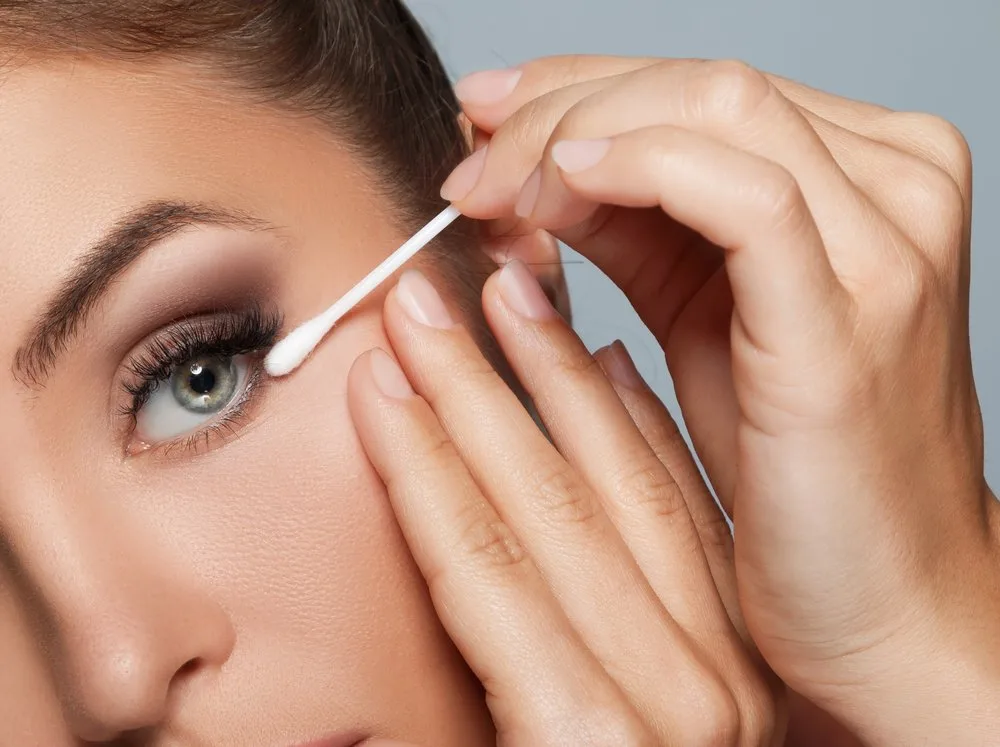
Conscious cosmeceuticals
Medik8 offers an impressive range of skincare products with effective ingredients. This brand uses cold processes where possible, making products at room temperature to avoid burning energy by heating ingredients. In terms of packaging, it has replaced plastic with recycled cards and has serum bottles and pipettes made from glass.
Want to know more?
The sad reality is that we all slather on beauty products and these products may damage our health. Here’s what you need to know about the toxic ingredients in your beauty products.
Sources
- https://internetretailing.net/sustainability/sustainability/uk-consumers-are-becoming-more-socially-and-environmentally-responsible–and-are-calling-out-brands-that-make-meaningless-climate-pledges-21022
- https://www.weleda.co.uk/uebt
- https://www.theguardian.com/fashion/2019/sep/14/sali-hughes-40-best-sustainable-beauty-brands
Who is the author?
Lucy Victoria Desai graduated from Northumbria University with a BSc Psychology. She then went on to study MSc International Marketing at Newcastle University. Lucy creates high-quality content across many diverse industries, with an interest in psychology, technology, and culture.



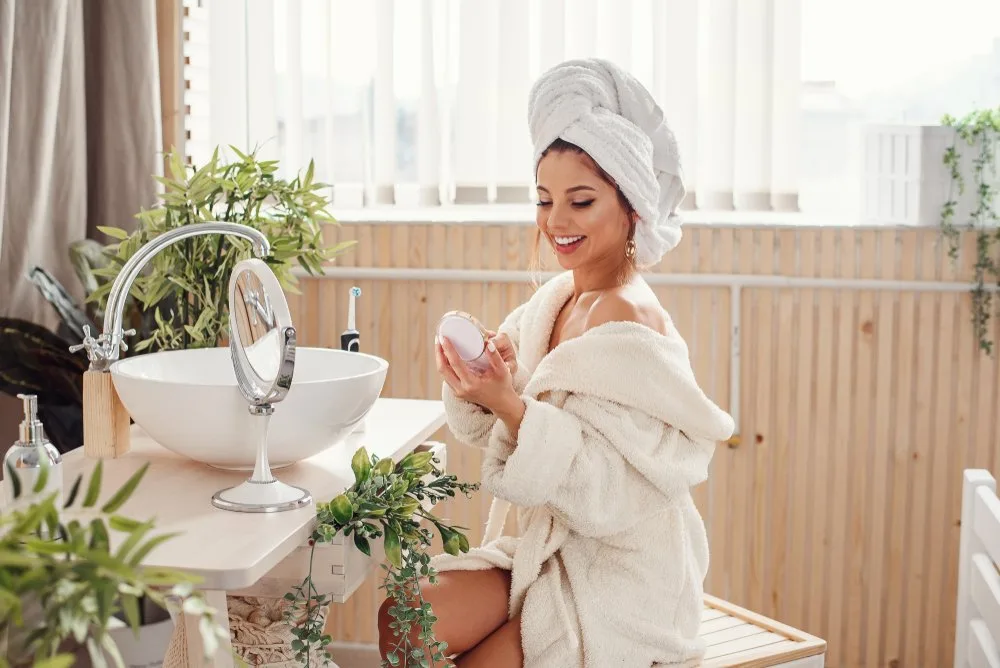
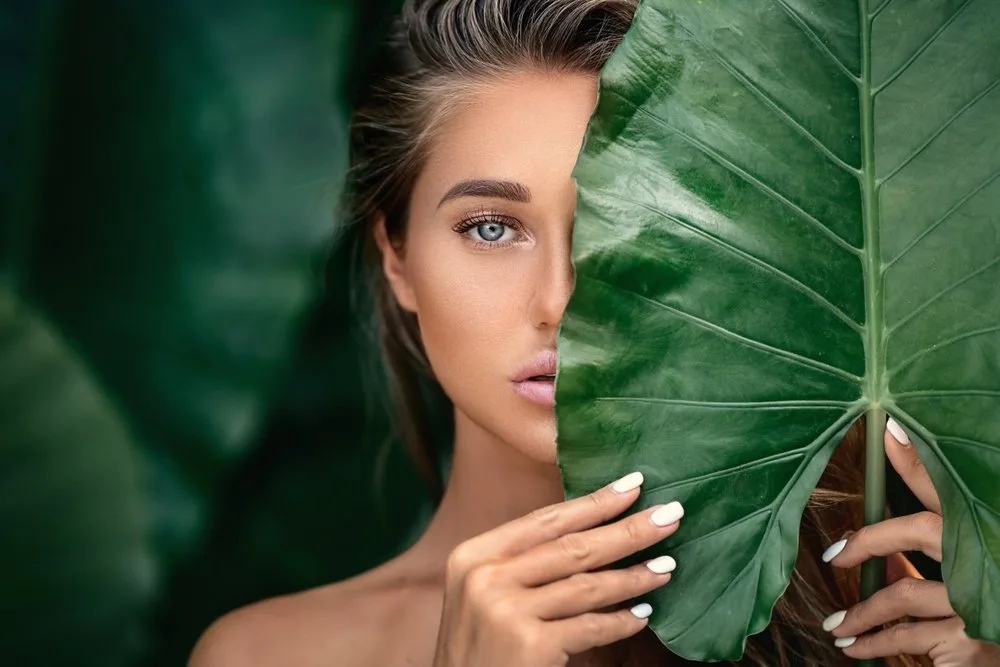
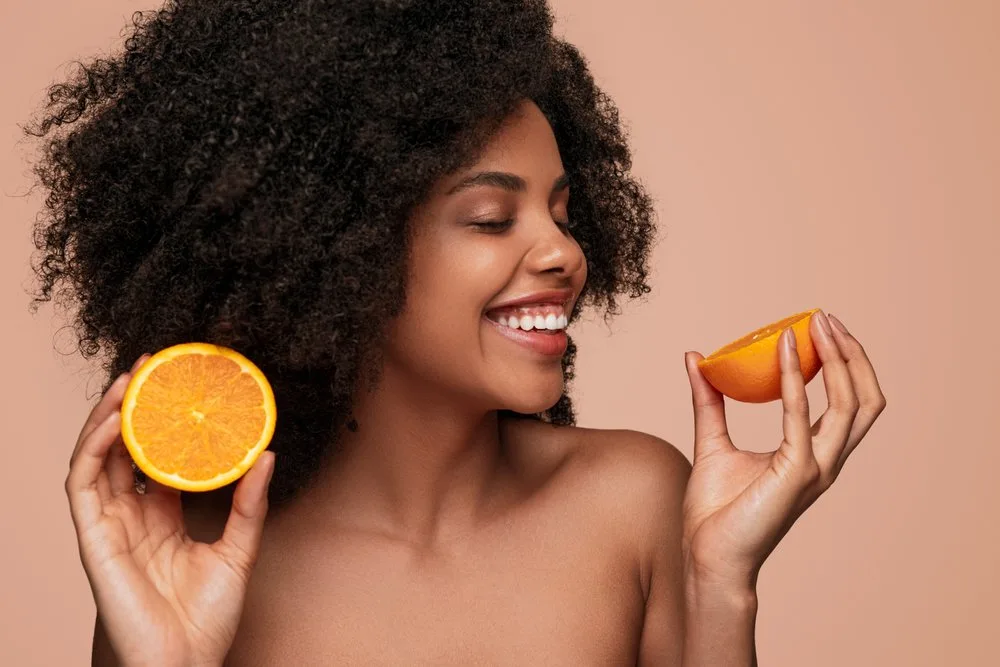
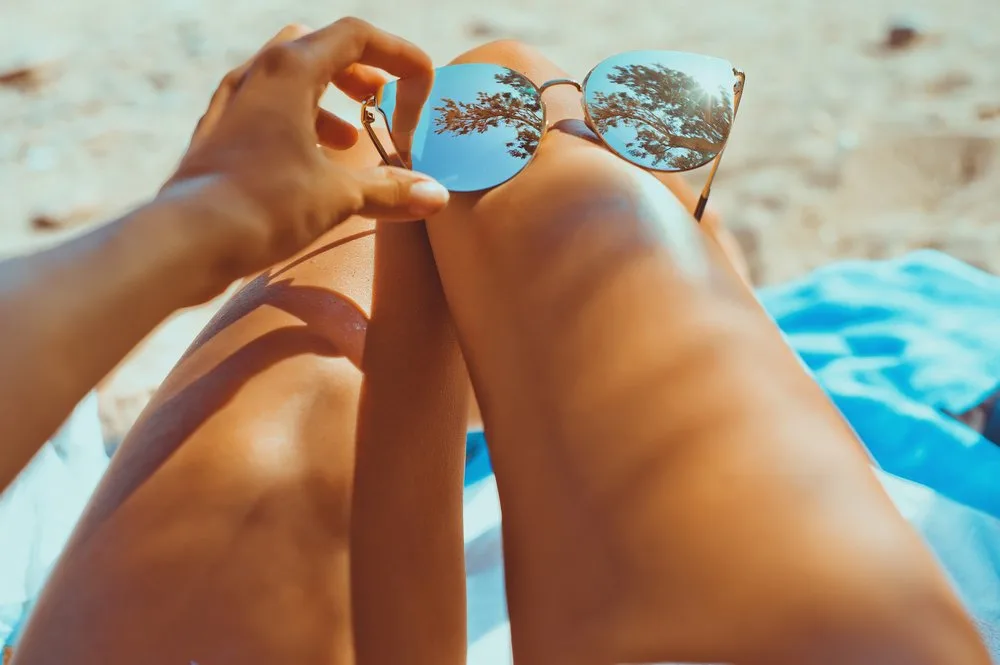


![women [longevity live]](https://longevitylive.com/wp-content/uploads/2020/01/photo-of-women-walking-down-the-street-1116984-100x100.jpg)









